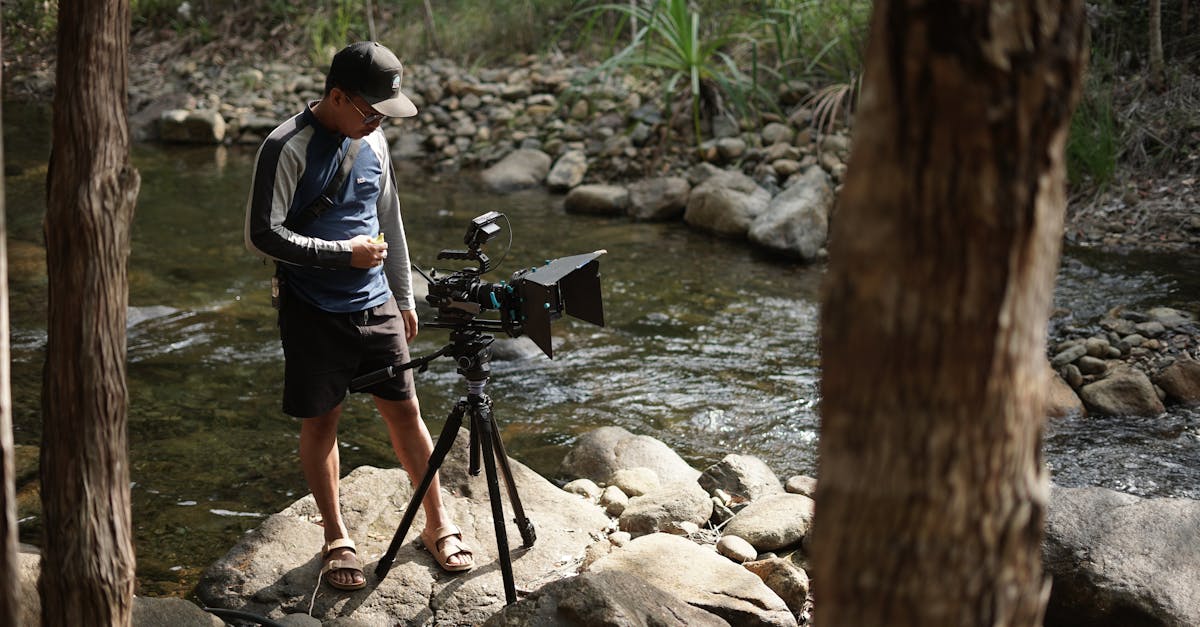The MBTI, acronym for Myers-Briggs Type Indicator, offers a fascinating perspective on harmonizing leadership in B2B collaborations. Let’s dive into the world of personality types to discover how this psychological approach revolutionizes the way we assess compatibility between business partners. By highlighting individual strengths and aspirations, the MBTI allows for building effective synergies, aligned with shared goals and values.

The MBTI, or Myers-Briggs Type Indicator, is a well-known psychological tool that helps to discern an individual’s personality type. Its popularity remains strong in the business world, particularly for evaluating leadership compatibility in B2B partnerships.
B2B partnerships require effective collaboration and fluid communication between partners. The MBTI helps analyze these dynamics by identifying the cognitive preferences of the involved parties. The MBTI types define, for instance, how an individual makes decisions (thinking or feeling) or how they interact with the external world (judging or perceiving).
By using the MBTI to assess leadership compatibility, companies can better align management styles and avoid unnecessary conflicts. By knowing the MBTI types of each partner, it is possible to adjust communication approaches to ensure mutual understanding and strengthen harmonious collaboration.
The MBTI is not just a simple personality test; it is a gateway to more informed change management and improved team cohesion. Thus, it becomes a valuable ally in ensuring successful B2B relationships.

The MBTI and Its Role in Leadership Compatibility
In the complex dynamics of B2B partnerships, understanding how each partner operates is essential. The MBTI, or Myers-Briggs Type Indicator, proves to be a valuable tool for assessing leadership compatibility. By identifying leaders’ preferences through personality types, it becomes easier to anticipate interactions and reduce potential conflicts. For example, an ISTJ type leader paired with an ESTP personality partner could offer a balance between structure and innovation, thus ensuring fruitful collaboration.
The MBTI test goes beyond simple individual diagnostics. It also serves to anticipate complementarity in leadership by analyzing how different personality types can respond to the challenges of the partnership. Understanding this interaction allows for building a cohesive leadership team aligned with common goals, thus maximizing the long-term success of the companies involved in the partnership.
Optimizing B2B Relationships with the MBTI
By introducing the MBTI test in assessing B2B partnerships, companies can significantly enhance their relationships. The MBTI identifies central traits that influence decision-making, change management, and responses to common challenges. This enables the creation of synergies among stakeholders, often from different corporate cultures, by harmonizing their leadership styles to better meet market needs. For those who wish to delve deeper into this approach, additional resources are available on MBTI in business.
Integrating the MBTI into Partnership Strategy
When establishing a B2B partnership, utilizing the MBTI for a collaboration strategy can be very effective. By integrating the MBTI in the preparatory phase, companies can align their human resources with strategic and operational goals, minimizing the risks of incompatibility. Furthermore, this fosters a deep understanding of the group dynamics within the partnership, enhancing resilience and adaptability. For a more detailed application of this approach, you can find information on group dynamics and the MBTI at Transform Executive Coaching.

FAQ
Q: What is the MBTI and how is it used in B2B partnerships?
A: The MBTI, or Myers-Briggs Type Indicator, is a psychological assessment tool that identifies personality types. In B2B partnerships, it is used to evaluate leadership compatibility, ensuring that partners have a shared understanding and complementary communication styles.
Q: Why is it important to assess leadership compatibility in a B2B partnership?
A: Assessing leadership compatibility allows anticipating and minimizing potential conflicts, optimizing communication, and fostering stronger and more effective collaboration.
Q: What MBTI personality types are most common in B2B environments?
A: While every company is unique, MBTI personality types such as ENTJ and ESTJ are often seen in leadership roles due to their natural skills in management and decision-making.
Q: How can the MBTI help resolve conflicts between B2B partners?
A: The MBTI helps to understand group dynamics and individual preferences, allowing partners to adapt and find strategies to optimize conflict management.
Q: How can we integrate the MBTI into the B2B partner selection process?
A: Integrating the MBTI into the selection process involves assessing the personality types of potential partners, aligning their skills and values with the company culture and shared objectives.











